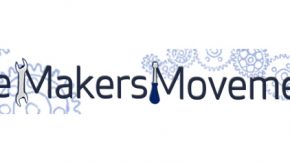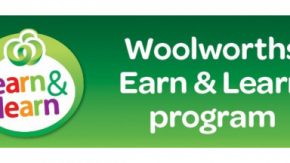A Message from the Head of Lindfield Campus
Social Emotional Learning at Newington, Lindfield
It is not difficult to imagine why being able to manage one’s own emotions and having the ability to build positive relationships can make a person generally happier. Maslow’s popular theory outlining the hierarchy of human needs puts love and belonging on the third rung of a pyramid, above it only our most basic physiological needs and safety. However, without our needs of love and belonging being met, it’s much more difficult to reach the higher rungs of the hierarchy such as esteem (self-respect and gaining respect from others) and actualisation (being the best person we can be in a variety of domains). If we don’t feel physically and emotionally safe, it’s almost impossible to achieve our academic potential. Therefore if schools are going to support the development of individuals who are happy and successful, social/emotional learning must be at the forefront of the curriculum, along with academic learning.
There is much research outlining the benefits to children of learning how to manage emotions, how to build positive relationships and how to make responsible and ethical decisions. Managing emotions requires the ability to identify one’s own feelings, as well as the feelings of others. This allows us to have empathy and compassion, skills that are required for making and keeping friends. Building positive relationships supports a feeling of belonging to the wider community. At school, this includes relationships with both peers and adults. Decision-making abilities are increasingly important as students become more independent in navigating our complex and ever-changing world. A school culture that supports this learning requires a shared vision and also a shared language by all involved in the education of the child.
Second Step is a program developed in the United States that addresses the social and emotional needs of young children in modern society. It allows us as a school to be on the same page, and equips us with a common language in order to achieve these goals. Through a multi-modal approach that is tailored to the age of the children, students engage in learning experiences within the units: Skills for Learning, Empathy, Emotion Management and Friendship Skills and Problem-Solving. Lessons may include puppets, videos, songs and singing, movement and dancing and thinking strategies depending on the grade level. There are also links between home and school to ensure continuity in the different environments in which the children operate.
Kindergarten and Grade 4 have enjoyed a few lessons already and we look forward to partnering with families as we build the social and emotional learning of the boys so that they have the skills necessary for success in school and in life.
This new initiative will enhance our existing weekly Positive Attitudes and Life Skills (PALS) program. The PALS program currently consists of lessons that are team taught by class teachers and our Year 6 students and weekly circle time sessions that allow the concepts taught to be explored further.
Benjamin Barrington-Higgs






